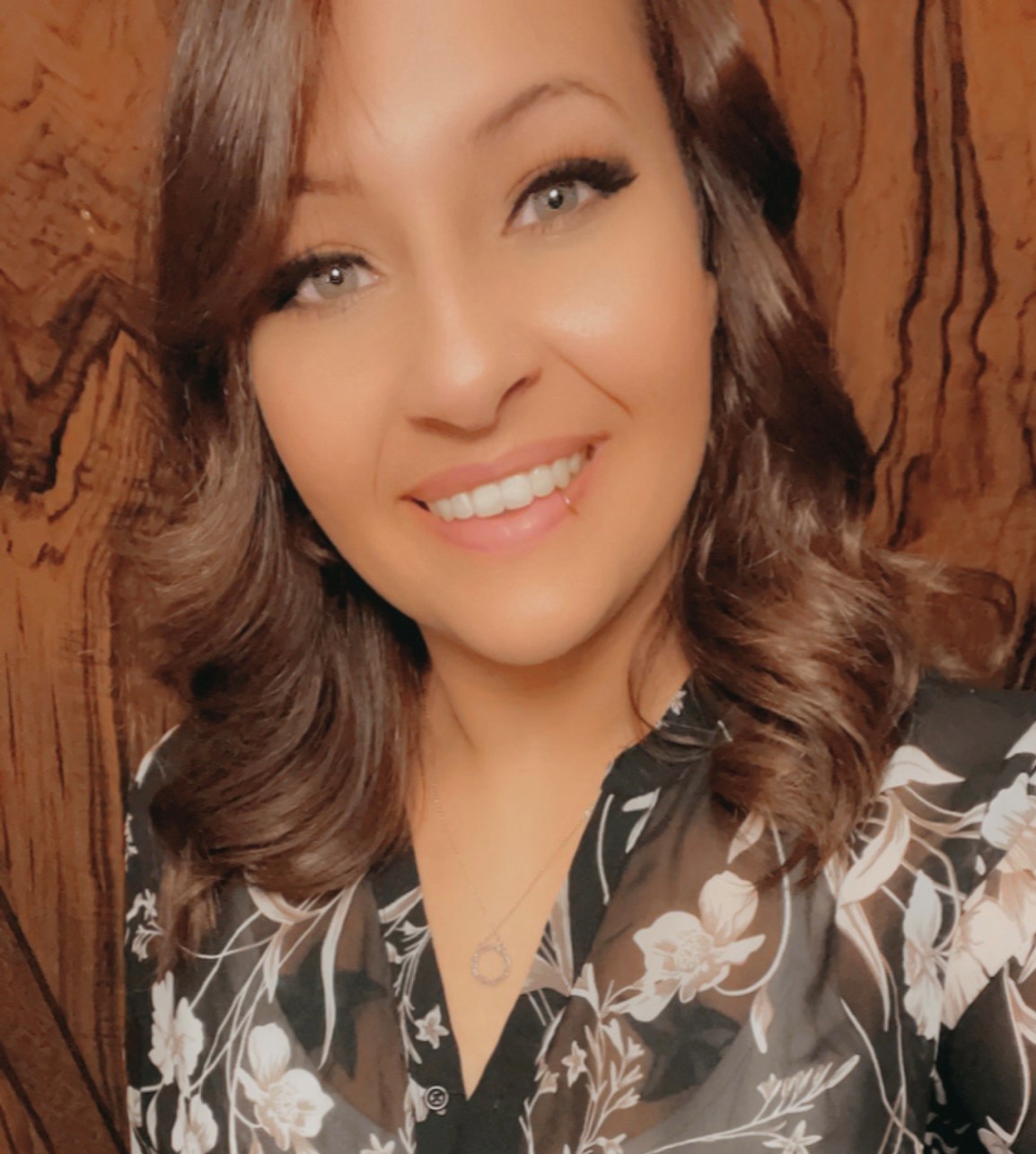Check out this month’s HUB Community Health Worker (CHW) spotlight with Cait Farber, employed by HUB care coordination agency, Alleghenies United Cerebral Palsy.
Tell us about yourself. What drew you to the Community Health Worker position in the first place?
My name is Caitlyn, but I like Cait. I’m 27 years young, a lifelong Cambria county native, and a tired psychology student. I’m a very proud mother of two beautiful and bossy toddlers that were my inspiration for my recent joining of CASA (Court Appointed Special Advocates for Children).
It was early on that I found my passion in helping people. I spent most of my life clawing my way out of poverty, generational abuse, and overall bad luck. Eviction, abuse, single parent life, homeless, unemployed… I’ve been there. It’s so hard to pull yourself out of it, but it’s not impossible. It’s what makes me a competent and successful community health worker. I’m not here to tell you how to live. I’m an everyday member of our community who has used the exact resources I refer my participants to. The moral of my story would absolutely have to read, “be who you needed.” I am who I needed.
Can you share some examples of things you’ve been able to accomplish with HUB participants so far?
I love thinking about this part of my job. I have been able to connect people to basic things like medical transportation. I’ve connected participants to state waiver services within my own organization, Alleghenies United Cerebral Palsy. This one specifically was a process that required a lot of hoops to jump through. Wording on the documentation and difference of opinion in physicians led to a discussion for clarification, ending in a submission to the state for review of the wording. I’ve also supported a mother who just needed a friend, and shared my story with people who needed inspiration. Sometimes it’s about who you know, who you can be, or what you can do. Sometimes, it’s just being there.
What do you feel is the most important quality for a CHW to bring to the table when working with a participant?
The most important quality to have to be a CHW is genuine compassion. Sometimes we are put in situations that challenge you, and you will need to put yourself in the other person’s shoes. You need to care more about your participants more than checking all the boxes and meeting a quota. The numbers are important as they show that we all go above and beyond the basic job expectations; we prove our worth, quantitatively. We are all people who have struggled like the people we serve. We’ve all failed, fell on our face, crashed and burned. This means we can relate to the people we serve on a personal note. We are people who realize there’s changes to be made, and choose to actively play our part. We are warriors that used our pain and our struggle to create armor for the strength needed to not only keep getting back up, but to make it over the mountain. To be a community health worker, you have to be strong, resilient, determined but also cordial, receptive and patient.
What is the most challenging part of being a CHW ?
The most challenging part of being a CHW is finding a barrier or a gap in services but having little power to change it quickly. We want to be aware of the mind, body, and soul cohesively, but also individually, as each participant has their own life. This includes physical health, but also social, emotional, and spiritual well being. An example of a barrier is the lack of assistance for non-medical transport. There are many factors that can prevent people’s access to necessities required to live a stable life. Unfortunately, physical health is often the only barrier addressed. It’s quite common to find assistance to get to your doctor’s appointments, and there are some social programs that provide temporary assistance for non-medical transport with donated bus tokens. However, there are no long-term sustaining assistance options for transport for life-sustaining needs like trips to a grocery store, community assistance building, clothing store, or laundromat.
If you could help people understand one thing about the participants you work with, what would it be?
Most of the people who qualify for our programs live under the poverty line, and oftentimes an outside judgement of being lazy comes with that. It’s something that I’ve never understood. What people don’t ever factor in is generational poverty, systematic oppression, and an overall lack of real sustaining social service funding or programs. Our beautiful country was built on the notion that if you work hard, you’ll succeed. That is absolutely true, in some aspects. On the other side, people can have all the drive needed to do better, but be entirely disadvantaged by no fault of their own. Race, being born into money, or having family with the right friends are all examples of things you have zero control over that give you an advantage in basic necessities (housing, employment, transportation, medication access, affordable medication, affordable food; human rights that people need to survive). It’s the same with our participants, and I hope we’re able to change some of the stigmas.

